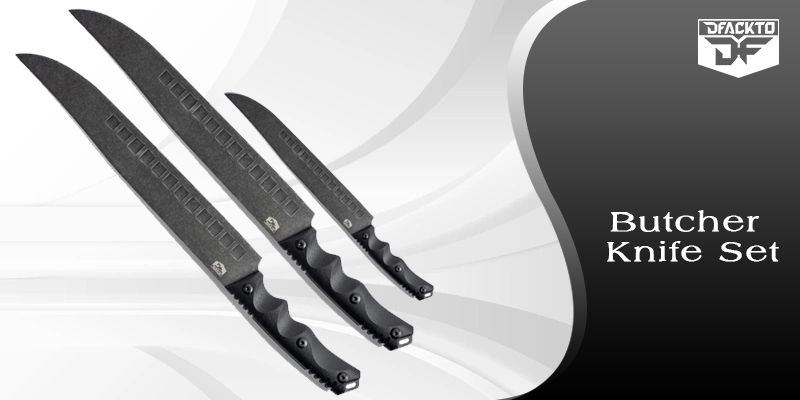The 2,190 miles hiking trail journey in Appalachian is one in a million many brave souls dare year in year out. It is a breathtaking walk experience that stretches through 14 states – from Georgia to Maine. The hike goes through the “Green Tunnel” of the Appalachian Mountains – which bears soul-renewing tranquility.
However, taking up this challenge has never a walk in the park, and like Greenbelly Meals, the founder commented, it is a life-challenging endeavor. Many who try it out either go halfway or simply quit in their first legs. So, many would ask, what does it take for the successful completion of the Appalachian Trail hiking?
Apart from just knowing your hiking trail routes , proper gear tips will offer you excellent support in your hiking mission. Here is a lot list of them.
The Essentials Items to Think of
- Shelter – In lots of cases, Appalachian Trail (AT) hikers do carry their tents or hammocks. The size of the depends on an individual’s preference.
 However, you may choose not to carry either as AT offers about 250 backcountry shelters which are positioned at intervals of eight miles.
However, you may choose not to carry either as AT offers about 250 backcountry shelters which are positioned at intervals of eight miles.
Depending on this can be very disappointing at times as you may find some fully booked and you’ll have to move to the next one which might need more hours of trekking.
Requesting people to make your room may not look decent and mostly may not offer you guarantee.
If you are carrying your shelter, it is key to consider their durability and weight above anything else.
- Pack – Gears to carry will so much influence the weight of your pack. Carrying light yet essential items will give you a lighter weight to carry. Heavy pack will only slow your trekking and waste your time.
Lately, the ideal pack’s capacity ranges between 40L to about 65L. Different packs will offer you different fits depending on the carried content. AT hiking will require you with a more durable and lightweight pack. You can always consult with your local REI to advise you on that which fits your hips and torso comfortably.
- Sleeping Bag – If you plan to go see the sub-freezing temperatures, a special sleeping bag of 15 to 20 degrees would be very worthy to carry. However, you need to take keen consideration of the material the bag is made.
Down or synthetic are the common materials, and each does have its advantages. Down is more compressible and light in weight compared to synthetic. On the other hand, synthetic is more insulative and works better in more humid environments, and above all, it is cheaper.
- Footwear – What you wear on your foot while on hiking is very paramount. Weak and weary footwear’s will only get your legs bruise and execute stress on your foot – thus reduces the distances you cover.
Proper boots will offer your ankle stability and full protection against rocks and rough environments. Light boots, those that properly fits your leg size and shape will be very appropriate for your Thru-Hiking.
There exist different hiking boots ranging from color, size, and designs. If you are a lady, sensitive to color, you can always shop around for women hiking boots to find that which matches your desire.
- Waterbottle/ Hydration Reservoir – Water is an essential gear in any hiking activity. Its health benefits factors are very key to keeping your body fit for long hours of trekking. Ensure to carry a reusable bottle as this will reduce the number of items you need to carry.
- Stuffsacks – Hiking trail will require you to have two waterproof sacks: one will be for carrying your sleeping bag and the other your clothes. However, you can carry a third one for food. It is vital to keep your items; sleeping bag and clothes dry always.
- First Aid kits/Hygiene – This is another essential element to consider while going for a Thru-hike. Some of the environments you encounter may be dangerous and may bring you physical injuries or physiological interference.
Here are some few First Aid kits you may need: floss, Antiseptic wipes, toilet paper, antibiotic cream, multipurpose soap, duct tape, a sewing needle, ibuprofen, hand sanitizer, mini toothbrush, toothpaste, sunscreen, fire starter and gauze pads.
- Guidebook – At guidebook can be very paramount in your hiking activities. In essence, it will show you the resupply or freshening points that you can acquire shelter, learn about nearby towns’ amenities and more so get more campsite information about the environment.
A map will offer your more information regarding the surrounding terrain to help you avoid getting lost. However, since the trail is properly marked (with a white blaze every 70 feet), you may not need the map anyway.
- Clothing – Often, Thru-Hikers overdo this part. Some think that they need those decent clothes they put on their daily life. Hiking needs proper clothing gear that which will withstand different environmental conditions. Anything beyond that is considered to be a luxury.
In AT hiking, you will need at least two pairs of wear pants, bras (in case of women) and other of socks. Remember to avoid cotton clothes. They are very poor insulators and tends to gather more dirt. Always go for wool or synthetic materials otherwise you will be risking getting hypothermia.
Keeping your clothes dry will be required of you to avoid infections that come due to humid conditions. Always have clean set to change whenever you get wet or uncomfortable with the one you have on.
- Water purification – If you’ve ever contacted giardia then you will take this more seriously. It will be important for you to have purified water for your drinking purposes. You can either carry purified water or carry water purification solutions to ensure you always have safe water to drink.
Hiking can be one of the most enjoyable activity one can ever engage in especially in Appalachian. The environment is awesomely ambient and perfect for stress releases.
Besides its soul renewal effect, thru-hiking in AT offers you the right place for body exercise. Join the AT hikers team today and experience a perfect lifetime experience.
Read More :


